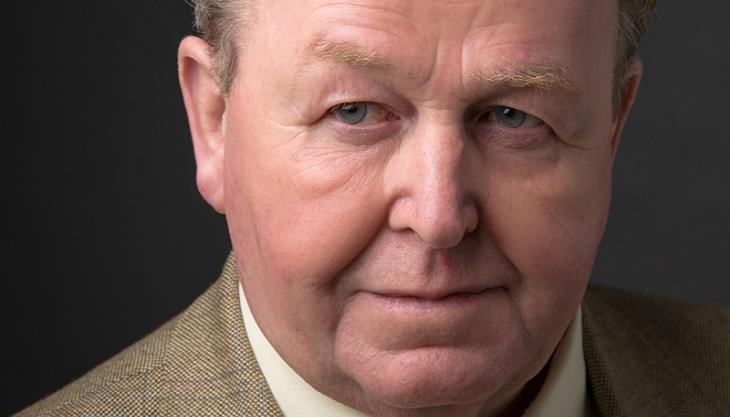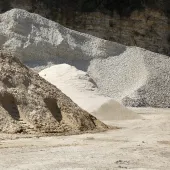BAA files appeal at General Court in Luxembourg

Appeal against Phase II Aggregates Levy decision by the European Commission to be heard in 2016
THE British Aggregates Association (BAA) has now filed its appeal against the recent Phase II aggregates levy (AGL) decision by the European Commission, which claimed that only certain exemptions resulted in illegal state aid.
The appeal will take place at the General Court in Luxembourg sometime in 2016. The BAA’s lawyers, Herbert Smith Freehills, have requested that the hearing be granted priority treatment due to the extraordinary time it has taken so far.
According to the Commission, the exemptions for slate, ball clay china clay and clay for ceramic purposes, as well as a range of other minerals, did not constitute state aid.
The BAA has also lodged an application with the Court of Appeal in London that its appeal against the adverse 2002 judgment by Justice Moses be stayed until the case in Luxembourg has been concluded.
BAA director Robert Durward said: ‘The decision by the European Commission was seriously flawed with a significant number of technical mistakes. However, it was also unbalanced in that all the claims made by the UK were accepted at face value, whereas much of the evidence submitted by the BAA was either called into question or simply ignored.’
The BAA’s 49-page appeal opens with the following statement:
The BAA wishes to note that, although the AGL is presented as an environmental levy, the BAA has consistently questioned the lack of any evidence quantifying the alleged environmental effects of aggregate extraction. Aggregate quarries traditionally extract from relatively small sites, average size 25 acres. Very few complaints of an environmental nature are levelled against aggregate quarries. Exempt china clay and slate operators on the other hand extract from very large sites in some cases measured in square miles rather than acres (and with a much greater environmental impact). Recycling plants which are often located in towns and cities also have a much greater environmental impact than aggregate quarries and are the subject of many complaints.
Mr Durward (pictured) continued: ‘The aggregates levy was based on entirely spurious claims that our industry was guilty of causing undue noise, dust and visual intrusion. The Commission actively colluded with this subterfuge by refusing to open a Phase II investigation in 2002 and then by its failure to deal with BAA complaints in a timely manner. As a result, dozens of companies have now been put in jeopardy by the EU shale repayment order.’
The BAA has warned that all companies selling currently exempt products, such as ball clay, china clay and slate, should be aware that if it wins its appeal, they too could be liable to repay their state aid all the way back to 2002.









